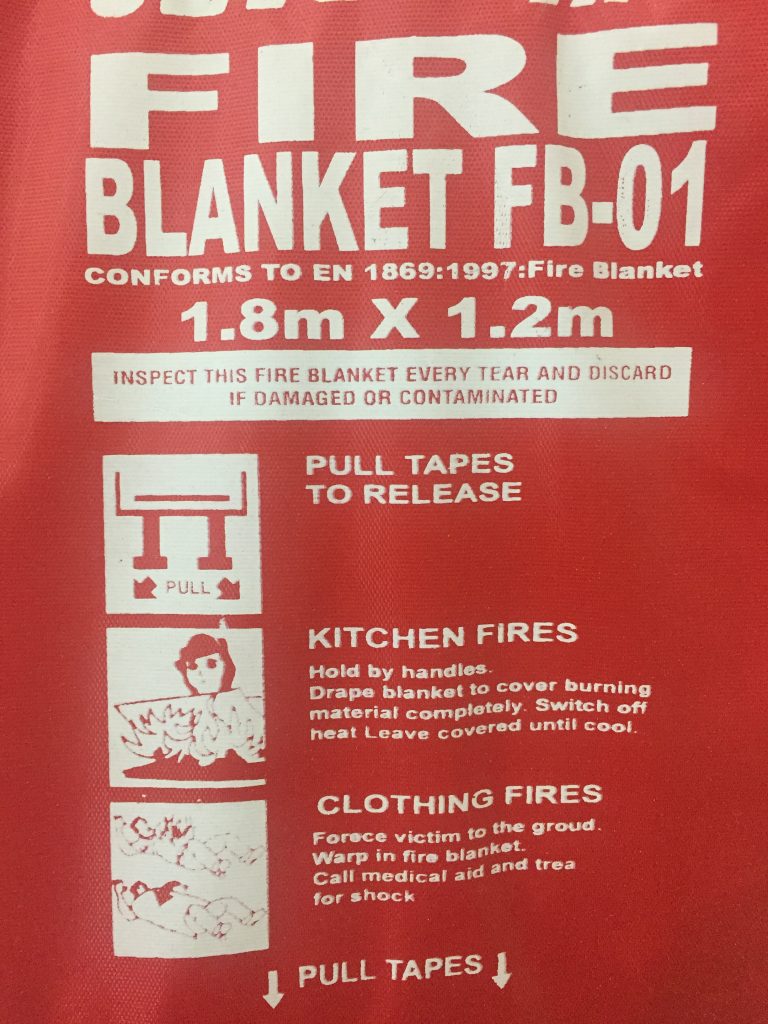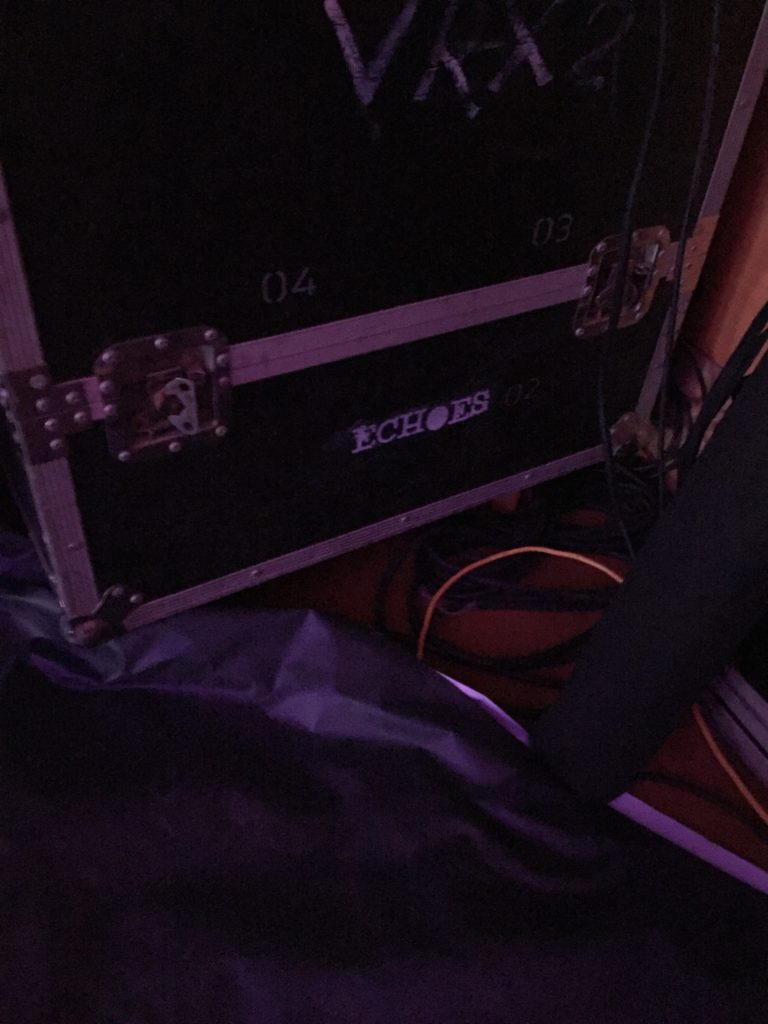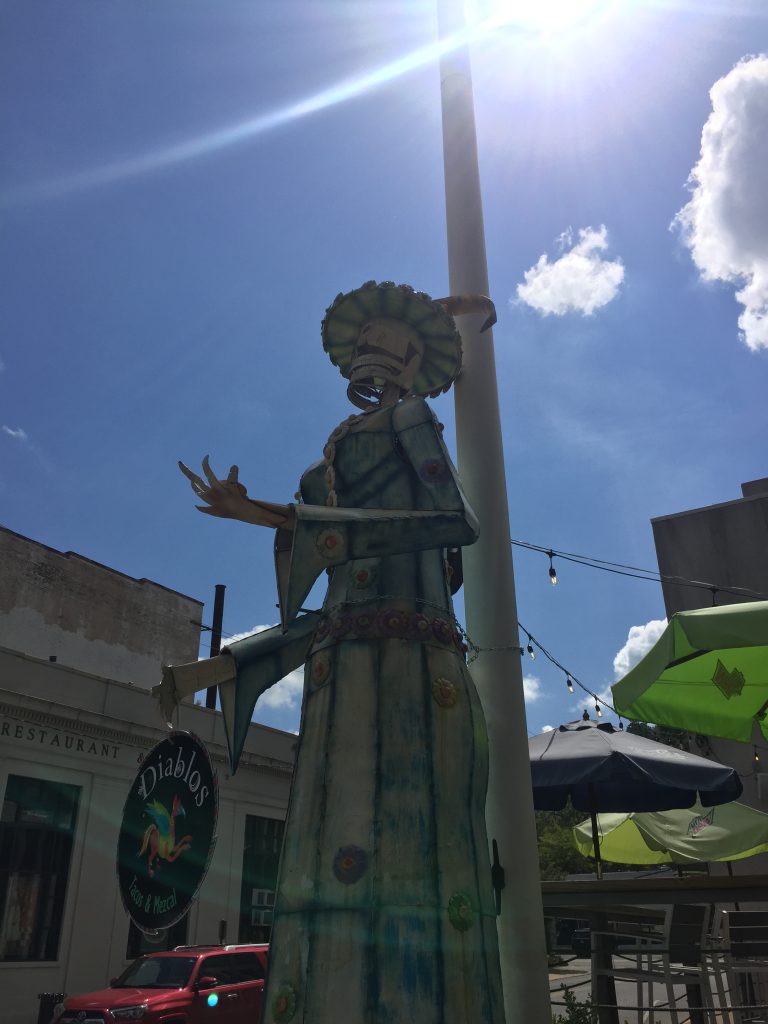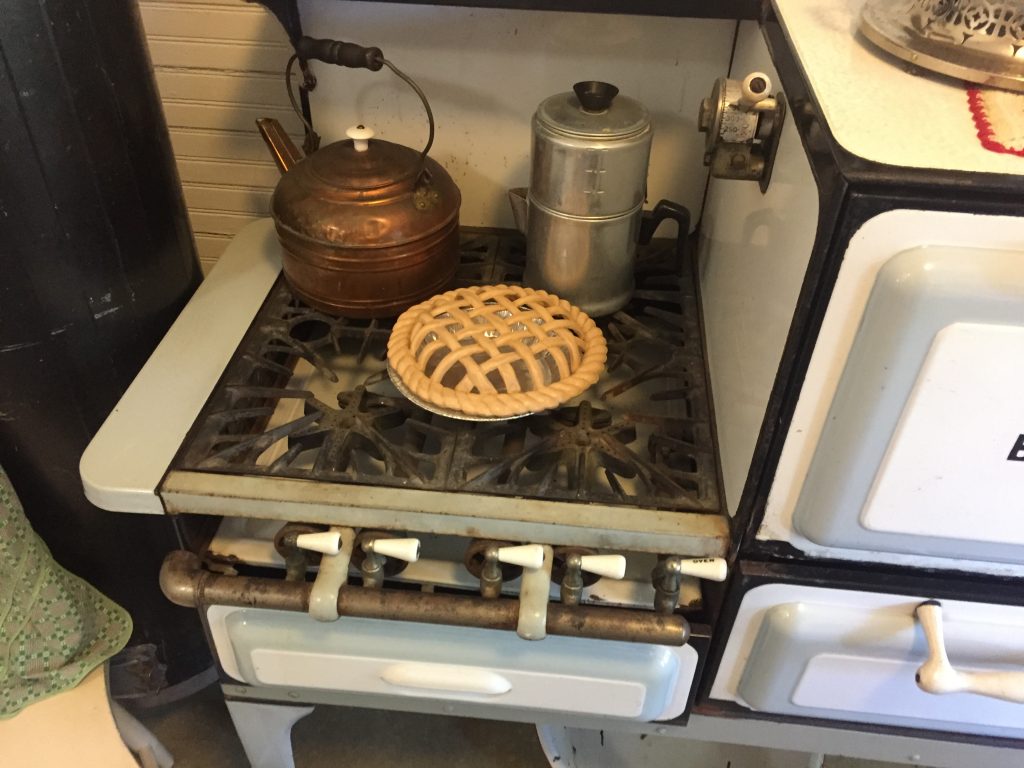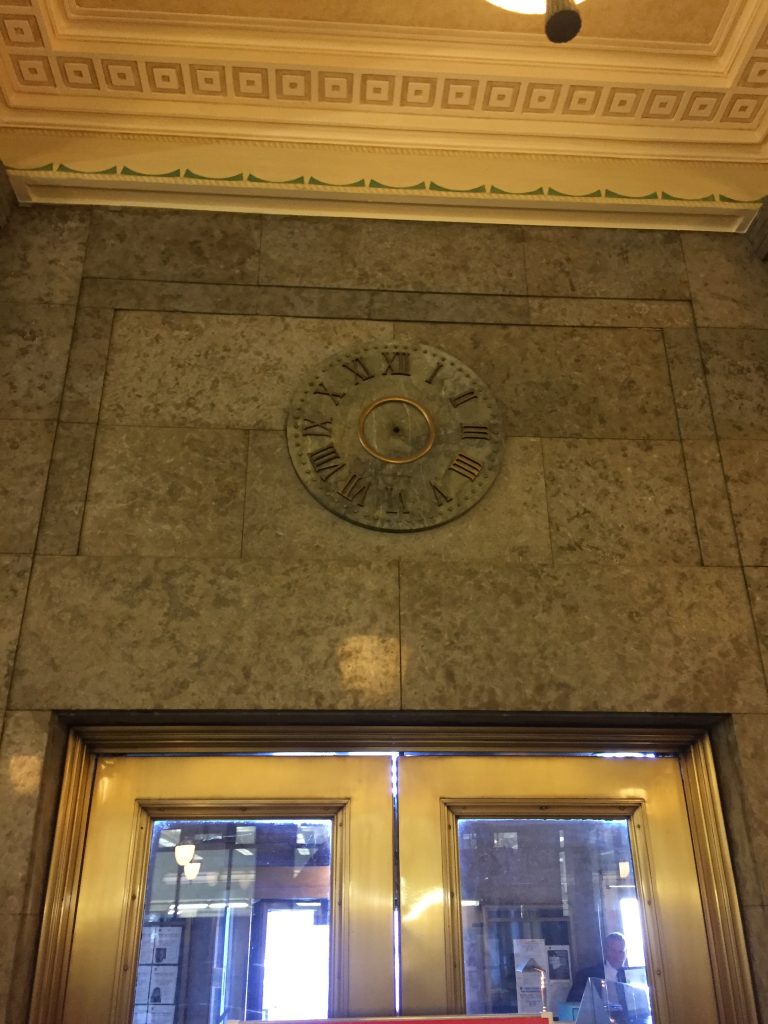‘The
surface of the Earth is many things, sometimes ugly and often melancholic, but,
unsatisfied to the extent at which it was either, humanity looked to space for
inspiration and the result was America’s ‘Lunar Wonderland.’ Adverts on cereal
boxes and between episodes of beloved Saturday morning cartoons promised kids a
true-to-life moon-walking adventure- something that eighties’ children and
concept designers understood very, very differently.
Imagine
the growing pit in a child’s stomach, then, as the family car crests the last
hill before the touted ‘Lunar Wonderland’ to find it glowing eerily under a
massive glass dome. Imagine that, through the windows, the child notices no
other families inside. Imagine a theme park that has created and employed a
state-of-the-art acoustic design method that swallows up sound in order to
replicate the oppressive silence of space. Imagine, as a child, tripping into a
shallow crater and being unable to hear your family call for you or to see them
through the asbestos moon-dust that now coats your helmet, or to reach them due
to the life-like heaviness of your child-sized replica space suit.
‘Lunar Wonderland’s’ ten-year run is impressive, considering the lengths it took to make itself as frightening as possible for its target audience. Like many of the eighties’ conceptual flops, it remains relatively intact in the deserts of the deep south, too plastic, really, to decompose and too expensive to dismantle (experts suggest that removing any part of the dome would spread a catastrophic amount of the aforementioned asbestos‘…like a child blowing apart a dandelion).’
More
recently, millennial retro-lust has created a small market for ‘moonshine’ which,
here, means paying a local to haul out and plug their generator into the ‘Wonderland’s’
grid. Parties otherwise too young to have witnessed the moon in its prime can experience
the vacant terror of the lunar surface for the first time and eighties-kids,
now grown, can exorcise the cool, white nightmares that pulse beneath pleasanter
dreams.’
The
local that offers me ‘moonshine’ insists that we arrive after dark and that I
ride shotgun in his pick-up. His truck reeks of a cigarette-smoking grandfather,
the smell far too stale to belong to anyone in his own generation. It reminds
me of my own truck when the sun would dredge up the same sort of smells from between
the cracks of the fake leather- perfume, body odor: ghosts of people still
living.
‘Lunar
Wonderland’ is dormant when we arrive, of course. The complex is larger than
anything I could have possibly imagined and the false terrain beneath the dome
glows, dimly reflecting the light of its real-life counterpart. When I circle
back around to the man I find his upper-half fully engulfed by the conglomerate
systems of the exposed machine. He emerges for air and startles to see me
standing close.
“There’s
a suit for you in the truck,” he says, “Your 30 minutes starts as soon as the
lights come on.”
I take the hint and begin the lengthy process of pulling the space suit on. It’s small, for me, and shares the scent profile of the truck to intensely that I wonder if it isn’t the source, but the sudden quiet, the sudden protection from the desert wind severs my ties to the earth and instills a certain calm. I walk noisily back to the man and he says something, his voice too muffled by the helmet for me to understand. He waves, then, and leads me to the entrance where I see that the keypad on the outside glows with a small red light. When the man passes a haphazard card-key across it, the doors open and I step inside.
The
false moon is glowing, now, and past an initial wave of fear I find myself
stumbling with a bout of dizziness. The ground buzzes through the thick soles
of the space boots and I understand that the surface of the moon, which rises from
the floor like a wide hill, is rotating. The guides don’t mention this and it
means that, embedded in the earth below me, is a scale replica of the moon in
full. I turn to look back and the man motions to me through the glass. He
scribbles ‘22’ in the dust, there: my remaining time.
Best
get to it, then.
There
is always a question of what it means to experience a site from Autumn by
the Wayside. At the defunct ‘Lunar Wonderland,’ I content myself with sitting
quietly is a small, dusty crater as the glowing replica earth passes overhead,
shifting, occasionally, as the cumbersome suit digs into my back.
Before long I feel the incline of the surface sloping downward and see the man gesturing angrily through the glass. I’ve lost track of time- maybe fallen asleep. I stand on stiff legs and write back that I’m willing to pay for more. The man indicates something- a rate increase, potentially, but we walk away from the dome having reached some sort of accord.
The
complex is a labyrinth of old ice cream parlors and souvenir shops so I seek
out a service door and find someone has pried it open before me. The stairway
beyond is plain but functional compared to the pageantry above. Navigating it
in the suit proves difficult, however, and I’m out of breath by the time I find
the next door. It’s labeled: ‘Dust Recollection and Filter Access.’
‘Moon
dust’ pours from the room as I swing the door open, covering the boots of the
space suit. I begin to itch, inwardly, and hope that the locked-in smell of smoke
is a testament to the suit’s tight chemical barrier. The floor inside is coated
with the stuff and illuminated by the far wall- a wide portion of the moon’s
rotating surface. There are brushes in place, seemingly to collect and redistribute
the dust on the floor, but a powdery mountain has formed where there should be an
outgoing belt and so it builds here instead.
I
dig the pile out, finding several generations’ worth of lost-and-found items in
the process including dozens of small flags likely planted by those who
purchased moonshine like me. I wonder, briefly, if I’ll ever travel abroad and decide
that I probably won’t.
The
lowest level exits into the basement of the complex where a full half of the
glowing replica is laid bare. The material is translucent where the powder has
been brushed away completely except for a thin, rust-colored line off the
center. I puzzle over this inclusion for a while, trying to remember what I’d
learned of the moon in elementary school science, when I stumble though a pile
of asbestos dust and upon a flattened space suit inside of which is the flattened
body of a woman. In the moment of inspection I manage before revulsion sets in,
I realize that she, like me, had reached into the filter and she, unlike me, had
been pulled into orbit.
In
the light of the rotating ceiling I see the patches on her suit indicate
arrival on the same imaginary spacecraft as mine and for the second time in a
matter of weeks I’m reminded that I am alone again. The Editor likely wouldn’t
have stopped me putting my arm in the filter and she probably wouldn’t have
been able to pull me out in time, but she would have been there to understand how
I met my end. Where did they look for her when they realized she was gone? Could
their guesses have ever come close to something like this?
The
false moon darkens abruptly and, except for the glowing afterimage of the red-projected
ring, the
room is cast into darkness. I’m forced to feel my way back to the surface, a
punishment the man above seems to think is fitting enough for keeping him so
long. It gives me time to remember the dangers of the ‘Wayside,’ the long drops
and the small spaces.
-traveler

